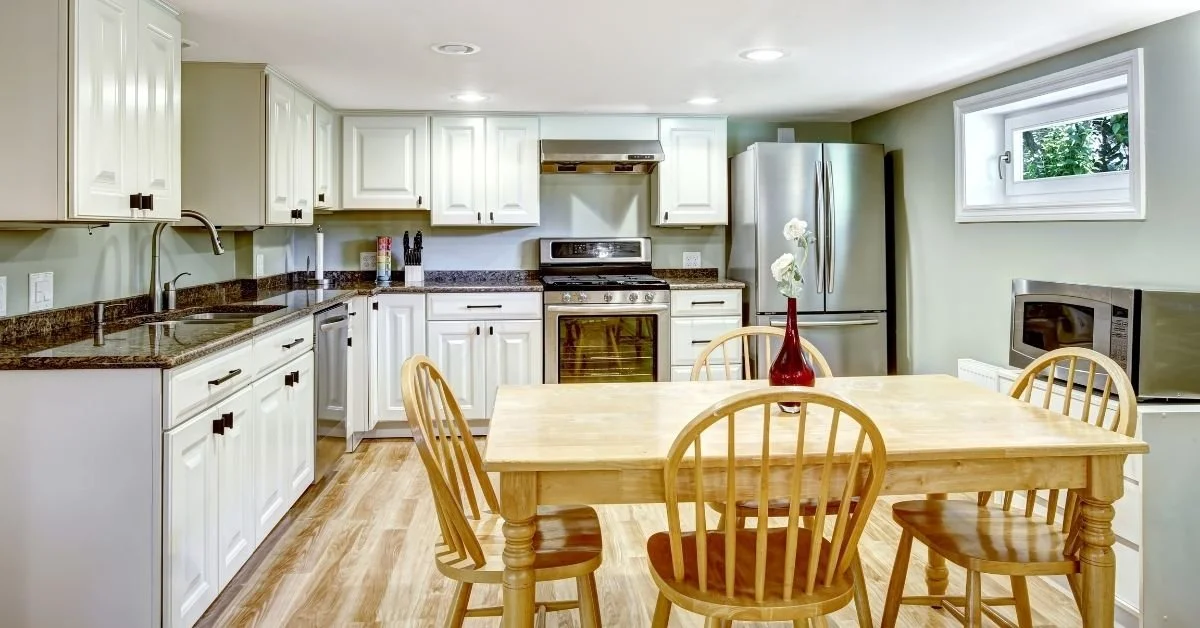The Dos and Don'ts of Dental Office Lease Agreements
In the healthcare field, dentistry is key for providing essential services to the public. Having a physical location for a dental practice is vital for ensuring access to dental care. A lease agreement for a dental office is necessary for the stability of the practice. This contract not only defines the boundaries of the space but also covers important details that can impact long-term financial stability and legal responsibilities. Understanding lease agreements is important for dentists looking to start or expand their practice, making it a serious topic within the dental profession.
Exploring lease agreements requires careful attention to manage its various terms. This article aims to clarify the important aspects of dental office lease arrangements, from preparing before signing to negotiating effectively, and seeking legal advice when needed. The goal is to provide practitioners with the knowledge and strategies needed to secure a space that supports a thriving dental practice.
Do Understand Your Needs
When looking for a dental office space, it's important to assess your practice's needs carefully. Start by matching your practice's requirements with your budget limitations. Evaluate the size of the office space to ensure it fits your patient volume, workflow, and staff. Also, think about the office's location, considering patient accessibility, visibility for attracting new clients, and compatibility with your target demographics.
Factors like proximity to public transportation, available parking, and ease of entry are also important to consider. Leave room in your considerations for future practice growth. Choose an office that can accommodate expansion without straining your resources or requiring you to move. Understanding these factors well gives you the leverage to negotiate a lease that meets your current needs and future goals.
Don't Rush into Agreements
Before committing to a lease for your dental practice, it's vital to proceed with caution. While the temptation to secure office space quickly may be strong, rushing into a contract could lead to unfavorable terms and financial stress. Take the time to carefully review and consider every clause of the lease agreement.
Seeking guidance from legal and financial experts specializing in real estate and dental practice operations is highly recommended. They can help clarify any complex contract details and prevent potential legal issues down the line. With their professional advice, you'll be better equipped to negotiate terms that better suit the needs and growth projections of your practice. This patient approach not only protects the financial health of your dental office but also ensures its long-term viability.
Do Negotiate Terms
Entering into a dental office lease agreement allows you to tailor the terms to suit your practice's specific needs. Taking an active role in these negotiations can lead to more favorable lease conditions. Property owners may be willing to discuss terms that could otherwise strain your practice's finances or daily operations.
For instance, advocating for predictable and reasonable rent increases can help maintain financial stability. Clearly outlining responsibilities for maintenance can prevent unexpected costs and disagreements. Additionally, securing subletting rights provides flexibility if your practice's needs change, and having the option to extend the lease ensures continuity in your practice's location. Pursuing these terms diligently, along with others, safeguards both the immediate concerns and long-term success of your dental practice.
Don't Ignore Legal Guidance
Seeking expert legal guidance when dealing with a lease agreement is highly recommended. Lease agreements are filled with complex language and provisions that can be difficult to understand for the uninitiated. Hiring an attorney with expertise in real estate and contract law adds a layer of protection, ensuring that you fully grasp the implications of every clause.
These legal professionals excel at identifying subtle risks that could lead to future disputes, helping you steer clear of common leasing pitfalls. They help in shaping the negotiation process, working to establish terms that protect the commercial interests of your dental practice. By prioritizing legal consultation, your practice not only secures its operational foundation but also strengthens its legal position against potential conflicts.
Do Maintain Open Communication
Facilitating open communication between tenant and landlord is essential for managing a lease agreement effectively. Being proactive in discussing any concerns, whether related to maintenance, rent, or lease renewal, is vital. This approach not only prevents misunderstandings or conflicts but also fosters a relationship of mutual respect and cooperation, which can greatly simplify the leasing process.
This dialogue should be a two-way street, creating a sense of community and partnership that ultimately benefits your dental practice. Having the landlord as an ally rather than an adversary can be immensely advantageous, as it ensures a reliable point of contact for addressing concerns swiftly. Embracing this commitment to clear, ongoing communication is a strategic move that can enhance your leasing experience.
Securing a dental office lease agreement requires careful planning and consideration. It's a decision with significant financial and operational implications, emphasizing the importance of following the presented guidelines. From understanding your practice's needs to avoiding rushed agreements, the underlying advice is clear: be thoughtful and thorough. Negotiate with confidence, backed by a thorough understanding of your practice's unique position, and seek the support of specialized legal counsel to protect your interests. Maintaining open communication with your landlord shows skill in relationship building, ensuring that minor issues don't escalate into deal-breakers.





